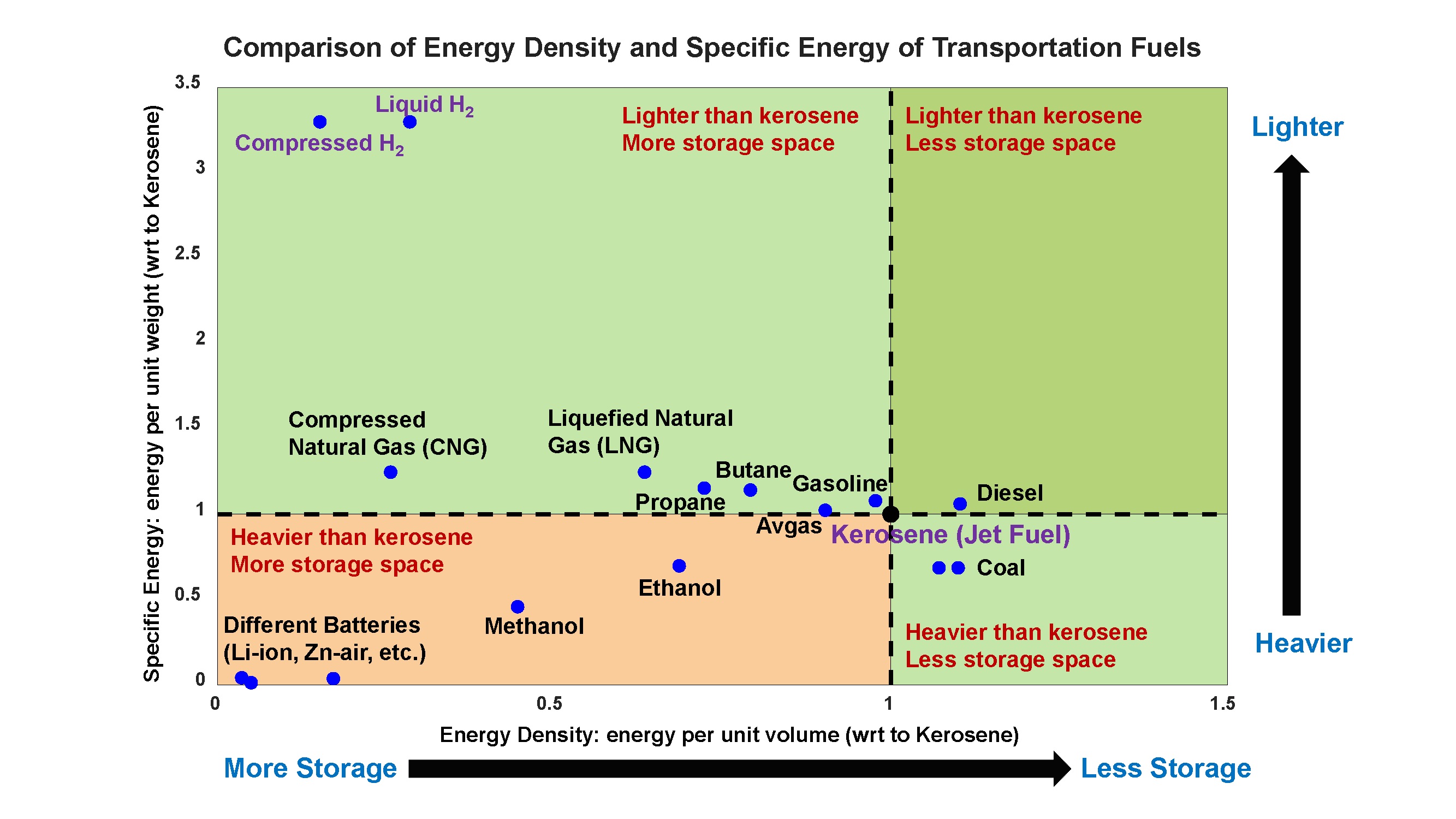EF Global VTOL
15 May 2023

The explosive growth in eVTOL has led to the formation of two collaborative councils to advance the understanding. Both councils report to the VFS provisional Electric VTOL Technical Committee, led by Dr. Anubhav Datta.
H2 eVTOL Council
VFS officially kicked off an H2 eVTOL Council in January, after preliminary discussions that began at the Agility Prime Virtual Launch in April 2020 (see “US Air Force Primes the eVTOL Industry,” pg. 56). The Council was formed because hydrogen’s superior specific energy and increasing availability can provide the critical enabling capability for safe, carbon neutral and profitable electric vertical takeoff and landing (eVTOL) operations. The H2 eVTOL Council will mobilize the aerospace industry, its engineering, scientific and technical communities — as well as adjacent industries, universities and government laboratories — to fast-track hydrogen as a clean, affordable and sustainable energy source to power vertical flight. The H2 eVTOL Council will engage with the hydrogen production and distribution sectors, as well as parallel mobility industries such as automotive, maritime, trucking and transit, to facilitate collaboration and forge alliances, to remove common barriers, harness breakthroughs and best practices and share workforce and talents.
The H2 eVTOL Council is an open forum for hydrogen in aeronautics powertrain applications, covering the spectrum of science, technology, development, production, storage, distribution, fuel cell manufacturing, eVTOL and drone applications, and related topics. The longer-term issues of research and technology advancement, certification, safety standards and regulation of this energy source are also part of the Council’s mission. The Council’s mission includes promoting hydrogen as an energy source for vertical takeoff and landing vehicles for electric aircraft development, certification and qualification. The spirit of the Council is to advance knowledge through reciprocal contribution of non-proprietary information. The goal is to collaborate openly on best practices and to share all council discussions, papers and recordings across the many platforms of the Vertical Flight Society: conferences, webinars, technical round tables, print and online media.
The H2 eVTOL Council — an all-volunteer body of experts — has a belief that hydrogen will eventually and completely transform air vehicle propulsion, where practical hydrogen-fueled powertrain technology will become a standard and dominant energy source for manned and unmanned flight. The global value proposition for hydrogen powertrain solutions for aeronautics include air quality, energy independence and affordability of renewable sources of energy. The aeronautics value proposition for hydrogen includes greater vehicle endurance over other electric energy solutions; increased vehicle payload options over and above other electric energy solutions; duty cycle (refueling/recharging) benefits for fleet duty cycle benefits; and total cost of ownership, including fleet duty cycle benefits.
Hydrogen has the greatest energy per unit weight of any transportation fuel source on earth, which makes it an exciting potential source of energy for eVTOL propulsion.

Specific energy by unit weight and volume of transportation fuels in relation to kerosene (jet fuel)
Notwithstanding the current, challenging, short-term technological and price-point issues for sustainable production, distribution infrastructure and storage, hydrogen promises great benefits for vertical flight in powertrain systems. These include meeting future global environmental targets; increased platform performance in range, payload and sortie turnround time; lower noise; and dramatically lower maintenance and fuel costs, once economy of scale is achieved.
Flight Test Council
The VFS-led E-VTOL Flight Test Council (for eVTOL and other types of electric aircraft) is a collaborative group effort with the Society of Flight Test Engineers (SFTE), Society of Experimental Test Pilots (SETP) and the American Institute of Aeronautics and Astronautics (AIAA), with VFS taking the lead role for accumulating the bulk of the technical content. VFS officially kicked off the council in August, after preliminary discussions that began in June with joint VFS/SFTE members.
The Council is an open forum for flight testers of electric and novel VTOL aircraft configurations, covering the spectrum of sizes, categories, classes, payload/passenger combinations and piloting options. The complexity and energy concerns for larger aircraft bring priority to those above the small unmanned aircraft system (sUAS) limit of 55 lb (25 kg). With emphasis on eVTOL, the council’s mission is “to promote flight test safety, efficiency, and knowledge for electric aircraft development, certification and qualification.” The spirit is to advance knowledge through reciprocal contribution of non-proprietary information. The means is to openly collaborate on best practices and to share all council discussions, papers and recordings across three mutually beneficial areas: safety, rulemaking/standards and efficiency.
Operationally, this all-volunteer council does not require individual membership in any specific organization, and will work jointly with interested professional societies to share information. Members are encouraged to present and publish formal technical papers through their chosen organization and to disseminate links to those papers to the council. VFS will manage the repository for unpublished papers, internal discussions, guidelines and other content germane to electric and powered-lift flight testing.